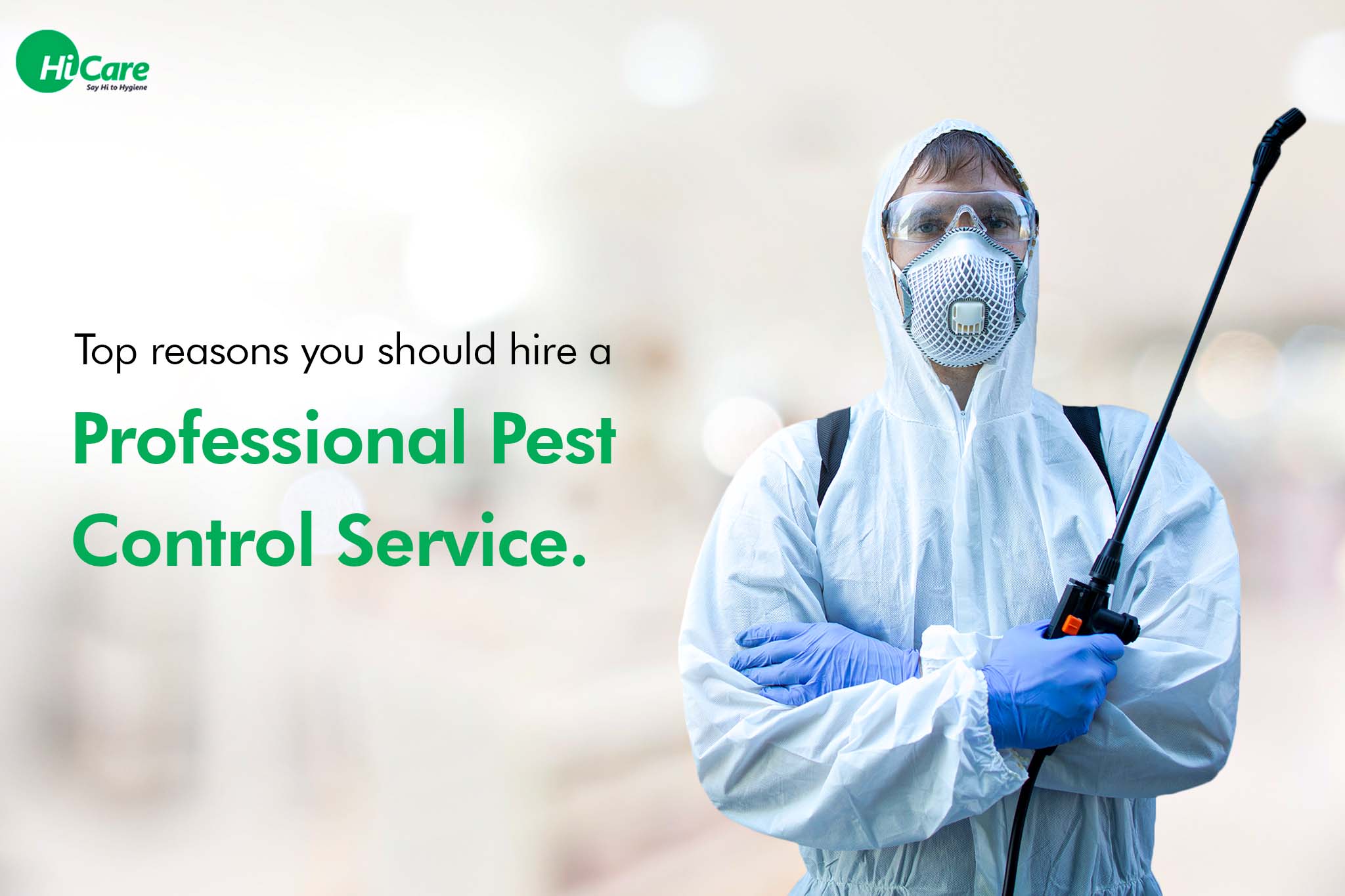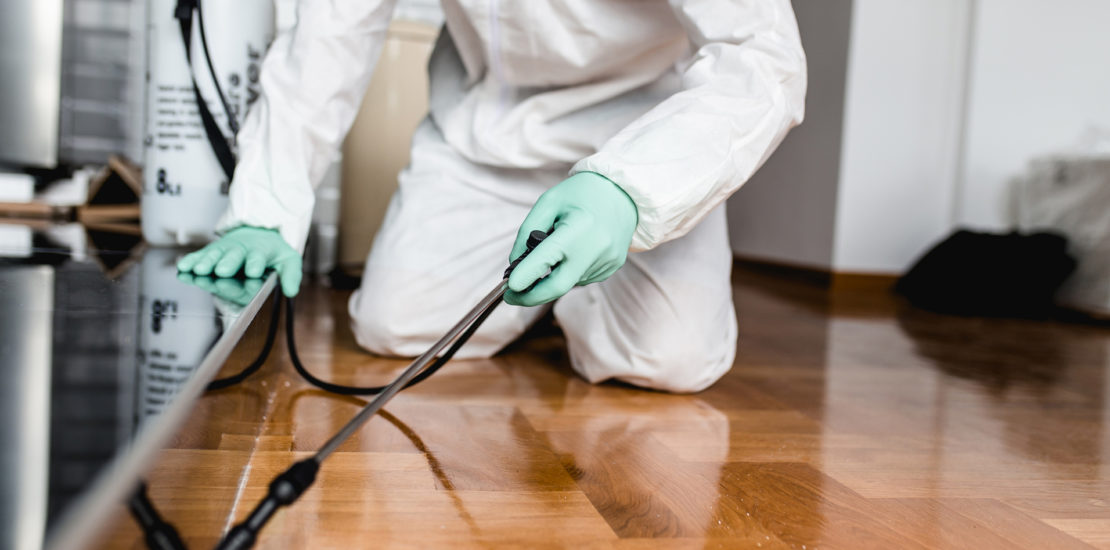Say Goodbye to Pests: Pest Control Clovis Specialists at Your Service
Understanding the Numerous Methods to Parasite Control: A Comprehensive Guide

All-natural Parasite Control Methods
Utilizing environment-friendly methods such as companion growing and biological pest control is essential for properly handling insects in farming setups. Companion growing includes growing various crops in proximity to hinder insects, enhance nutrient uptake, and boost general plant health and wellness.
Biological parasite control includes introducing all-natural predators or virus to manage pest populaces. Ladybugs, as an example, feed on aphids, regulating their numbers without the need for chemical pesticides. An additional example is making use of Bacillus thuringiensis (Bt), a germs that targets details insect bugs while being safe to people, pets, and useful insects.
These environment-friendly methods not just reduce the reliance on artificial pesticides however also assist maintain biodiversity and soil health and wellness. By incorporating natural parasite control methods right into agricultural methods, farmers can attain sustainable bug management while reducing adverse impacts on the atmosphere.

Chemical Parasite Control Solutions
In addition to all-natural pest control methods, the usage of chemical parasite control solutions plays a considerable duty in efficiently handling pest populaces in farming atmospheres. Chemical parasite control services are developed to target details insects that might create extensive damage to crops. These solutions frequently have synthetic pesticides that are created to get rid of parasites rapidly and efficiently.
One of the crucial benefits of chemical parasite control solutions is their effectiveness in managing pest problems on a huge scale. Farmers can apply these solutions using various techniques such as spraying, fumigation, or seed treatment to secure their plants from unsafe insects, weeds, and diseases. Additionally, chemical parasite control remedies are relatively simple to apply and can give rapid outcomes, aiding farmers secure their yields and minimize economic losses.
However, it is important to use chemical bug control options deliberately to minimize potential negative influence on the atmosphere, non-target microorganisms, and human health and wellness. Appropriate application techniques, adherence to safety guidelines, and regular surveillance are important to ensure the accountable use chemical pest control services in farming practices.
Organic Insect Control Approaches
Organic bug control approaches take advantage of all-natural killers or microorganisms to handle bug populaces in farming settings efficiently. This approach offers a environment-friendly and lasting service to pest management, minimizing the dependence on artificial chemicals and lessening injury to the environment. One usual biological control method is the introduction of all-natural enemies, such as ladybugs or parasitic wasps, to target certain parasites. These predators feed upon the bugs, aiding to regulate their populaces naturally - pest control clovis.
An additional organic control method entails utilizing pathogens like fungi, infections, or bacteria to contaminate and kill bugs. In general, organic insect control approaches use a sustainable and targeted option to pest management in agriculture.
Integrated Parasite Administration (IPM)
Integrated Pest Administration (IPM) is an extensive strategy that combines numerous pest control methods to effectively handle and decrease pest populations in farming systems. IPM concentrates on long-term prevention of parasites through a mix of organic, cultural, physical, and chemical control techniques. By incorporating these different techniques, IPM intends to reduce dependence on chemical pesticides, minimize environmental influence, and advertise sustainable insect monitoring practices.
One secret facet of IPM is using organic controls such as all-natural predators, bloodsuckers, and virus to regulate bug populaces. This method takes advantage of the power of nature to keep a balance between insects and their all-natural adversaries without creating harm to the atmosphere.
In addition, IPM involves cultural methods like plant habitat, rotation, and cleanliness manipulation to create unfavorable conditions for insects and disrupt their life process. Physical controls such as composts, obstacles, and catches are additionally made use of to avoid pest infestations.
Physical and mechanical Bug Control Strategies
Utilizing non-chemical techniques, such as mechanical and physical parasite control strategies, is an important element of extensive insect management approaches, constructing upon the structure of Integrated Pest Administration's holistic method. Mechanical insect control involves the use of physical barriers or catches to avoid parasites from accessing and harming crops or frameworks. This approach can include strategies like mounting screens on home windows, utilizing row covers in farming, or additional reading utilizing sticky traps to capture insects.
Physical parasite control techniques, on the various other hand, focus on straight getting rid of pests via physical means. As an example, utilizing warmth treatments to eradicate bed insects or vacuuming up pests like crawlers or ants can be efficient means to handle problems without making use of chemicals. By integrating these mechanical and physical bug control strategies into an Integrated Bug Monitoring plan, people and specialists can lower reliance on pesticides while still properly minimizing and handling pest populaces damages.
Conclusion

In enhancement to all-natural insect control methods, the application of chemical bug control services plays a significant duty in successfully managing pest populaces in agricultural environments.One of the vital advantages of chemical parasite control options is their effectiveness in regulating insect problems on a big range.Integrated Bug Administration (IPM) is an extensive approach that incorporates different parasite control methods to efficiently manage and decrease pest populaces in farming systems.Making use of non-chemical techniques, such as mechanical and physical parasite control methods, is an important facet of extensive parasite administration strategies, developing upon the structure of Integrated Pest Administration's holistic technique. By including these mechanical and physical bug control techniques right into an Integrated Parasite Management strategy, individuals and experts can minimize dependence on pesticides while still efficiently lessening and taking care of visite site pest populations damage.